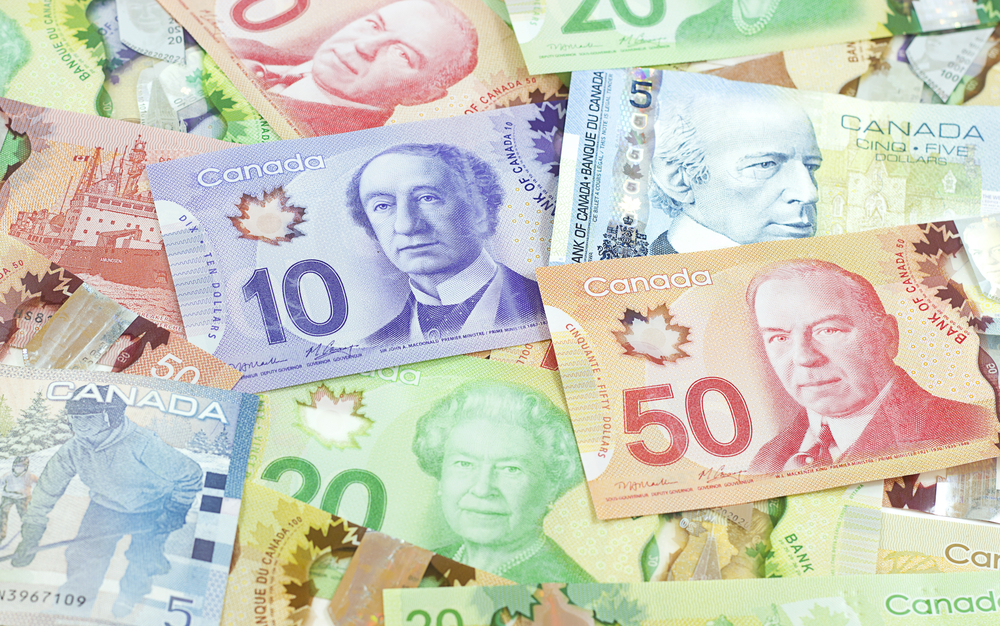Breaking
Ontario hikes income threshold to qualify for legal aid funding to $11,448
TORONTO — Ontario’s Liberal government is raising the income threshold for people to qualify for legal aid funding to $11,448 — about half the poverty line — starting Nov. 1.
The income threshold for a family of five to qualify for legal aid rises to $28,317.
Ontario has different levels of criteria to qualify for other legal aid services, such as duty counsel assistance and legal advice, but not if income is over $19,080 a year for a single person or $45,580 for a family of five.
Attorney General Madeleine Meilleur says it will cost the province $95.7 million dollars to increase the eligibility income threshold by six per cent over three years.
Meilleur says the higher thresholds — the first increases since 1996 — will mean another one million low-income Ontarians will have access to legal aid services after three years, more than double the current number.
A recent report from Legal Aid Ontario estimated about 1.2 million people are below the poverty line but are not poor enough to qualify for full legal aid.
The auditor general reported in 2011 that Ontario spends more per capita on legal aid than any other province, but helps the fewest number of low-income residents with dedicated legal representation.
Federal, provincial and territorial justice ministers failed to reach a deal on increased funding from Ottawa for legal aid during a meeting in Banff, Alta., two weeks ago.
The federal government used to split the cost of the legal aid program evenly with the provinces, but now only chips in about 16 per cent, and has not increased its level of funding since 2003.
British Columbia’s legal aid eligibility for a single person is a net income of $17,760, while in Alberta it’s $16,176, and Quebec’s is roughly the same as Alberta’s but as gross income.






















